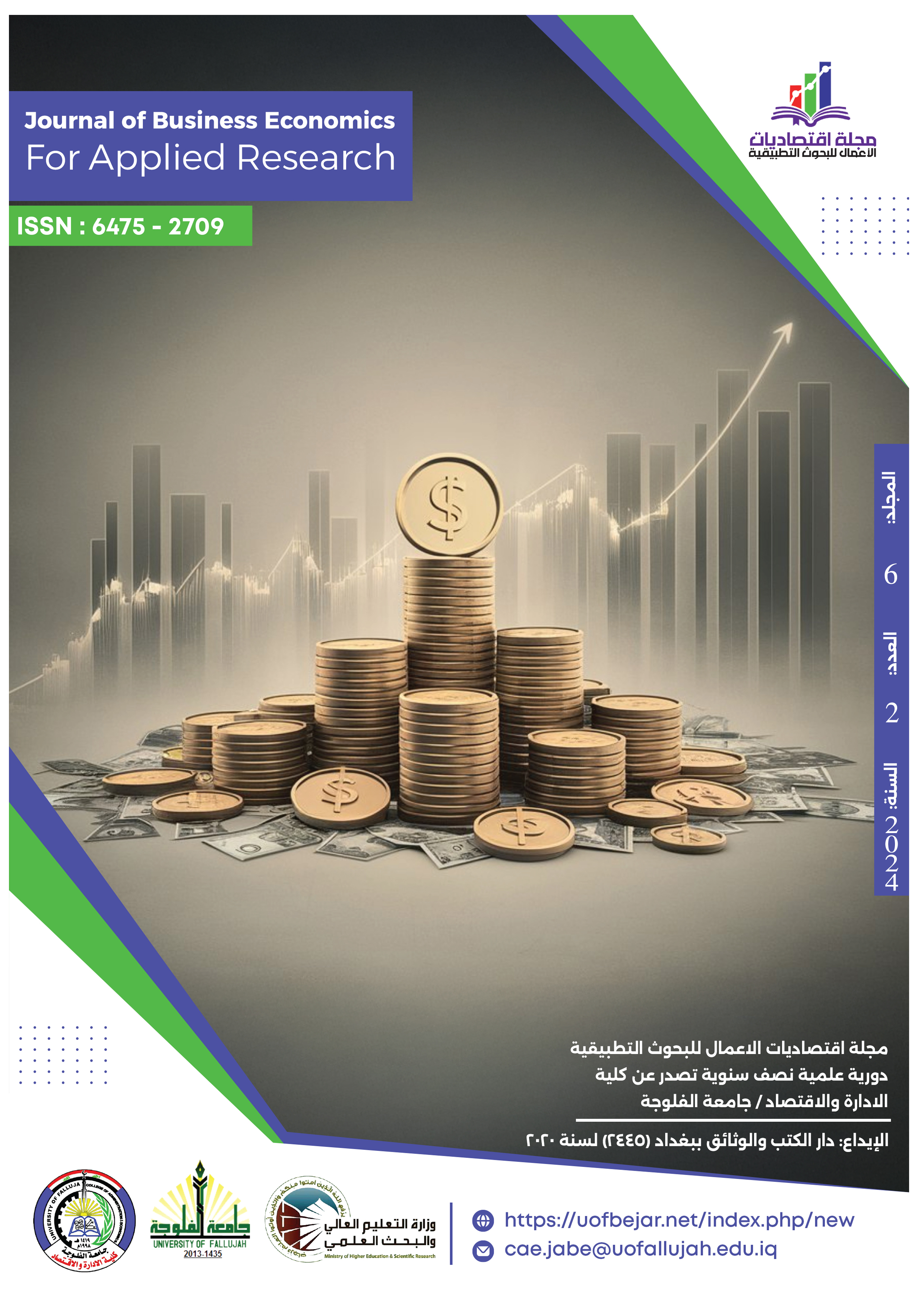External shocks and their impact on economic development in Iraq for the period (1990-2020): analytical study
Abstract
The Iraqi economy is considered a rentier economy, despite the dominance of the oil sector over the total value of the gross domestic product, and it continued to suffer from structural imbalances due to the weakness of the policies and programs that were implemented during the research period. The Iraqi economy has faced many external and internal shocks, the effects of which were reflected in the sectors of the national economy through the value of exports and imports, as they affect the overall variables and have economic and social effects that led to a reduction in development rates in the country, represented by a decrease in the gross domestic product, public expenditures, revenues, and an increase in the rates of development. Unemployment in the case of adverse shocks, and the opposite occurs in the case of favorable shocks, which must be taken advantage of to develop the sectors of the national economy in a balanced way so that they have the ability to confront adverse shocks.
The research aims to analyze the impact of external shocks on economic development and use methods through which external shocks can be addressed or their effects reduced. The research concluded that the oil price shock, exports, and inflation have an impact on the overall variables represented by (Gross Domestic Product, public expenditures, unemployment, economic openness), as the percentage of oil’s contribution to output reached (42.6%), public expenditures reached (13.2%), and the rate of contribution reached (42.6%). Compound growth of exports (18%), economic openness (56.8%), inflation (2.8%) and unemployment (1.3%) during the research period



